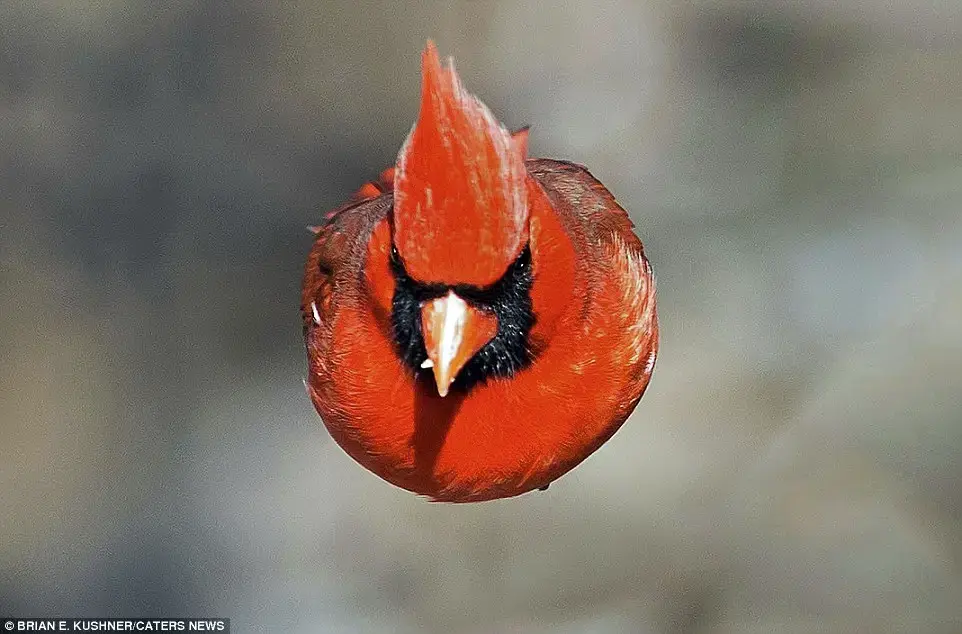Plants probably also feel pain then, considering that they modify their behavior after injury, seek to avoid them, and chemically communicate with other plants to protect themselves. Life is life, no matter if it's speaking, clucking, mooing, or photosynthesizing, it's just a matter of where you draw the line.
A reminder to be(e) nice; we all come from different backgrounds, and launching ad hominem attacks is ineffective in getting people to consider your arguments.
When organizations mess up, why is their first response to the critique to say "Why didn't you come to us first?" when they really mean "Why did you make this public so we actually have to do something?"
I get really frustrated with the response because it doesn't come across as a company actually interested in improving, but just throwing accusations back and trying to beg off the responsibility of actually holding themselves accountable.
You're seeing words that trigger your community's language filter, I believe.
This feels like a bad faith argument. OP correctly identifies that users from instances other than Beehaw tend to be more likely to engage in argumentative and pedantic commentary, which you prove in your interactions so far.
- Steve1998MREInfo tests and reviews military MREs from all around the world. Surprisingly entertaining and wholesome.
- Townsends 18th century living history reenactment and history, especially focusing on the food and everyday chores of colonial Americans.
- Wendigoon cool dude who makes videos on conspiracies, analog horror series, modern mysteries, and bible studies.
- Knowing Better educational political and sociological videos with occasional skits.
Not a stupid question at all! This method works for several reasons:
- Typical soil contains the majority of nutrients in the topsoil layer, which is roughly 1-10in (2.5-25cm) deep. Because compost is added up to 2ft (60cm) deep, roots will grow much deeper to take advantage of the easily accessible nutrients.
- When the soil is kept loose, plants can grow roots through it much easier; French intensive gardening focuses on loosening the soil very deeply and avoids compacting it so plants don't have to expend as much energy pushing their roots through hard soil.
- As a result of plants growing roots deeper rather than wider, they're able to be planted much more densely and grow more produce than market gardening in the same size plot!
How does the taste/feel compare to TVP (textured vegetable protein)? TVP has a sponginess that is slightly unpleasant to me, but I've seen some promising advancements in plant-based meat replacements that gives them a texture closer to animal meat.
I feel the more likely scenario is for public surveillance to reach a point where everyone outside their home (or near a window) is being recorded from multiple sources.
I've eaten and cooked with cricket flour! It's honestly no different than most powdered protein supplements, and has a mild nutty taste that is unnoticeable or pleasant. As the article mentions, it's great in pancakes and pastas! I expect that as climates and food availability changes, many more people will be including alternate protein sources in their foods!

As per the article:
"But what if my container is 'microwave-safe'?
Though various plastics are marked as microwave-safe—and plenty of plastic lobbyists have defended them as perfectly safe—the term is somewhat misleading. It’s simply referring to plastic types that won’t crack or melt when heated, not their chemical makeup. Supposedly microwave-safe products can still contain bisphenols, phthalates, and plenty of other potentially harmful ingredients."